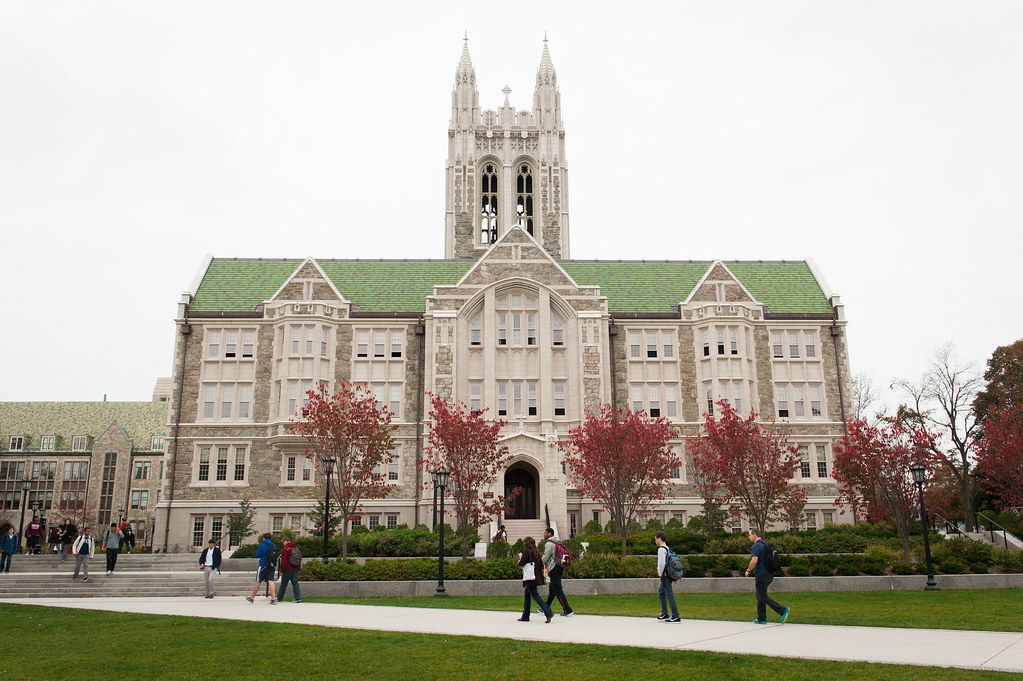Higher education refers to tertiary education beyond the secondary school level, typically offered by universities, colleges, and other institutions of learning. It encompasses undergraduate and postgraduate programs such as bachelor’s degrees, master’s degrees, and doctoral degrees. Higher education institutions provide advanced instruction, research opportunities, and professional training in various fields of study.
Key characteristics and aspects of higher education include:
- Degree Programs: Higher education institutions offer a wide range of degree programs across various disciplines, including arts, sciences, humanities, engineering, business, medicine, law, and more.
- Research and Innovation: Universities and research institutions contribute significantly to the advancement of knowledge through research and innovation in various fields. They conduct fundamental and applied research, publish scholarly works, and contribute to technological advancements and societal progress.
- Professional Development: Higher education institutions offer specialized training and professional development opportunities to prepare students for careers in specific fields. Professional programs such as medicine, engineering, law, business, and education often require specialized training and certification.
- Diversity and Inclusion: Higher education institutions strive to promote diversity and inclusion by admitting students from diverse backgrounds, cultures, and socioeconomic statuses. They provide opportunities for students to engage with diverse perspectives, foster inclusivity, and promote equity in access and outcomes.
- Globalization and Internationalization: Higher education has become increasingly globalized, with students and faculty members collaborating across borders, participating in international exchange programs, and engaging in global research collaborations. Internationalization efforts aim to promote cross-cultural understanding, collaboration, and knowledge exchange.
- Lifelong Learning: Higher education institutions also offer opportunities for lifelong learning and continuing education through professional development courses, certificate programs, workshops, and seminars. Lifelong learning enables individuals to acquire new skills, stay updated with advancements in their fields, and adapt to changing career demands.
Overall, higher education plays a vital role in preparing individuals for professional careers, fostering critical thinking and problem-solving skills, promoting lifelong learning, and advancing knowledge and innovation in society. It contributes to economic development, social mobility, cultural enrichment, and the overall well-being of individuals and communities.



